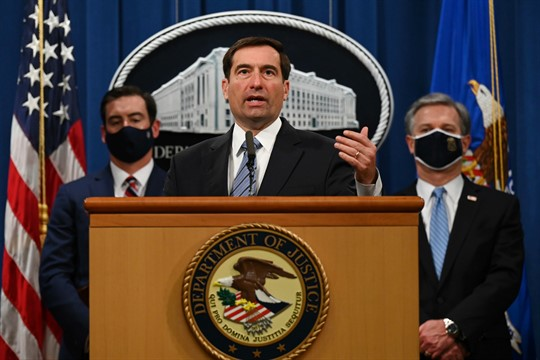
The extradition to the United States this week of two of the Islamic State’s most notorious members on terrorism charges was a poignant reminder of the dark and lingering legacy of the so-called caliphate.
As much as the case marks a major milestone in America’s 20-year-long “global war on terror,” it is also a sad testament to how much remains unresolved about the status of thousands of foreign fighters who traveled to Syria and Iraq to join the Islamic State and are now in detention in various countries, along with the women and children they brought with them. In its own strange way, this case underscores how hollowed out the idea of international justice has become.
Still, the pending prosecution in a U.S. federal court of Alexanda Kotey and El Shafee Elsheikh is a watershed victory for human rights advocates who have long argued that the American criminal justice system was up to the task of bringing terrorists to account. The two British men are among the four so-called Beatles, as their British ISIS cell was dubbed, implicated in the videotaped beheading of two American journalists in Syria in 2014, James Foley and Steven Sotloff, and the torture and murder of two American aid workers, Kayla Mueller and Peter Kassig. Their extradition from Iraq, where they were being held by the U.S. military, also gives a well-deserved boost to the long-suffering families of all four murdered American hostages. Even so, the road to their full trial is likely to be long and twisting.
 Eurasia Press & News
Eurasia Press & News

